“IT IS PROPOSED THAT A NEW SECTION BE ADDED TO THE CONSTITUTION OF KENTUCKY TO READ AS FOLLOWS:
The General Assembly may provide financial support for the education of students outside the system of common schools. The General Assembly may exercise this authority by law, Sections 59, 60, 171, 183, 184, 186, and 189 of this Constitution notwithstanding.
“YES NO”
My Yes/No on this issue isn’t so easy to come by.
There are observations over a 40-year career that have been heavy in parochial school education generating deep respect, as well as heavy in public school education generating equal respect, that make this vote very complicated rather than a simple yes/no.
Changing the state constitution? Definitely not a simple decision.
May I explain?

First, I have found that securing a parochial or private school education isn’t as difficult as some might make it seem. So, I recently raised questions with a number of parochial school parents, past and present, financially secure and definitely not so secure, to update my knowledge.
Not even counting family financial status, was insuring Catholic schooling a sacrifice for your family? Absolutely. And every family claimed the sacrifice, even those very financially secure. Yet they still chose to educate their children in parochial schools because: they are products of such schooling through their family’s sacrifice, they wanted the academic rigor, orderly and respectful environment, but most importantly, they wanted the Biblical moral code to be part of their children’s education and development.
The dynamic relationship between the sacrificing family, the school, and the student is precious. The parents feel a sense of ownership, a buy-in. I always noticed regiments of volunteers that parochial schools have, mostly parents and also parishioners. Seems like this ownership thing has merit.
What if parents cannot afford the tuition? For generations, I have been aware of families that desired Catholic schooling and the school worked with the parents to find a way.There seem to be many options for tuition: donors provide scholarship monies, extended family members provide funds, parishioners without children sponsor students, and one day when leaving after-school meetings, a custodian that I’d seen several times, walked me to the exit to lock the door after me. We chatted. He came to the school each day on his way home from his day job to serve as custodian to pay for tuition for his children.
In my recent updating conversations, a parent mentioned that older children in large families would often have jobs at the schools to help pay for tuition.
Roman Catholic schools that are part of diocesan parishes in urban areas often receive financial support from the diocese.
Well-known private, non-religious institutions also have had alternative funding for tuition for generations; a diverse student body having value for many reasons.
Do you wish for your child to have a private school education? Have you inquired at the school? What options might there be to secure that education?
Reconsidering the dynamic relationship between a sacrificing family, the private school and student, one could ask, “Might that precious relationship be affected by government-funded entitlement?”
A second major concern that arises with government funding of anything: Will there be strings attached, conditions governing its use?
When I recently was asking a private school administrator, I hadn’t finished with the question when the answer came, “Of course, there will be conditions. There are always conditions.”
The administrator went on to say that accepting public monies “changes some of the choices we have, our freedom to do what we know to be best for our students.”
With that consideration, I wonder if our Kentucky bureaucracy could be ready for the tremendous challenges ensuring that the public monies will be spent for the Public Good and not for special interests.
Large pots of public monies always attract well-meaning entrepreneurs as well as scheming entrepreneurs. Other states’ histories with vouchers are mixed bags.
Enough said.
This vote will not be an easy one for folks like us who were educated in public elementary and secondary schools (ever grateful for my Ludlow Public Schools education) and public and private universities, taught in public schools and public and private universities, sent our children to public schools, and have deep respect for the private school systems.
How many times have we had to vote on issues on the ballot when we had little personal knowledge of that field?
This seems to be the first time ever that I find myself knowing a bit too much, if that is possible.
Judy Harris is well established in Northern Kentucky life, as a longtime elementary and university educator. A graduate of Thomas More, she began her career there in 1980 where she played a key role in teacher education and introduced students to national and international travel experiences. She has traveled and studied extensively abroad. She enjoys retirement yet stays in daily contact with university students.







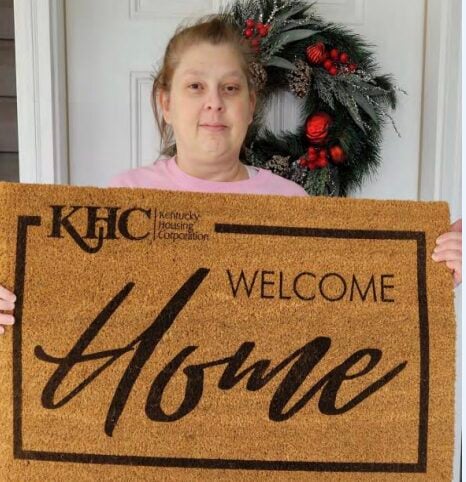
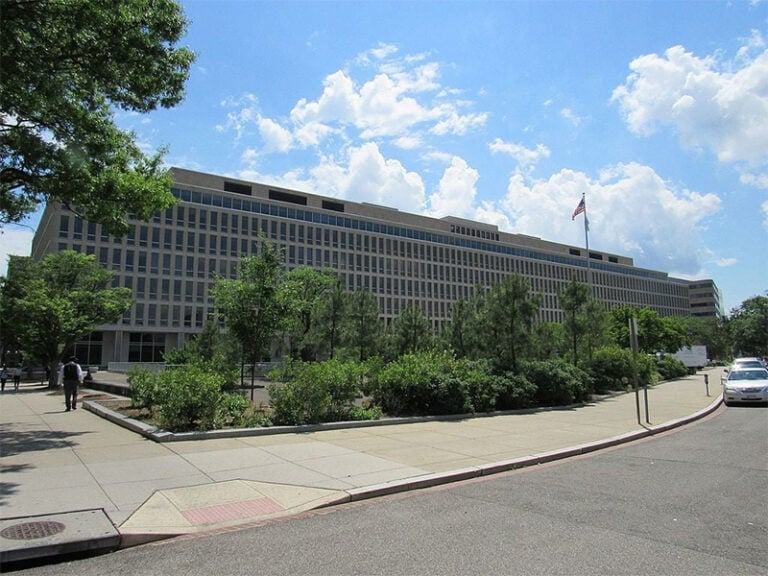
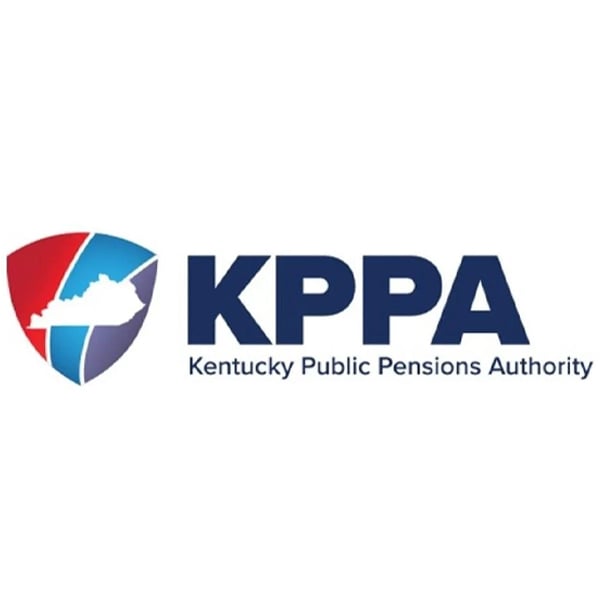



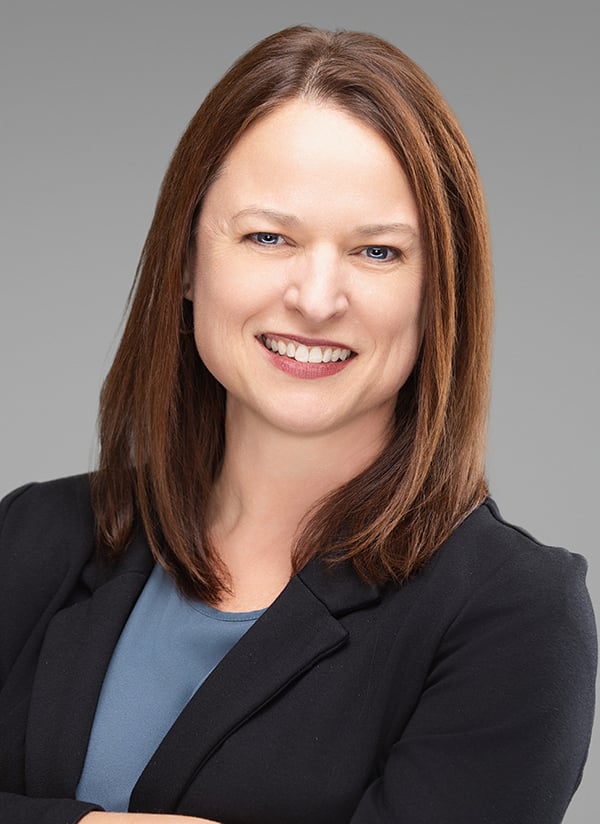


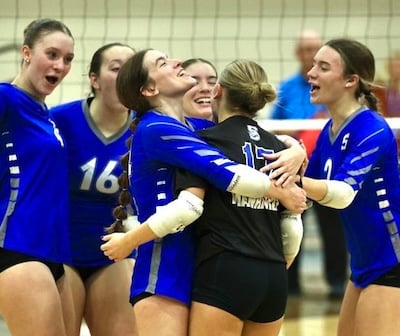
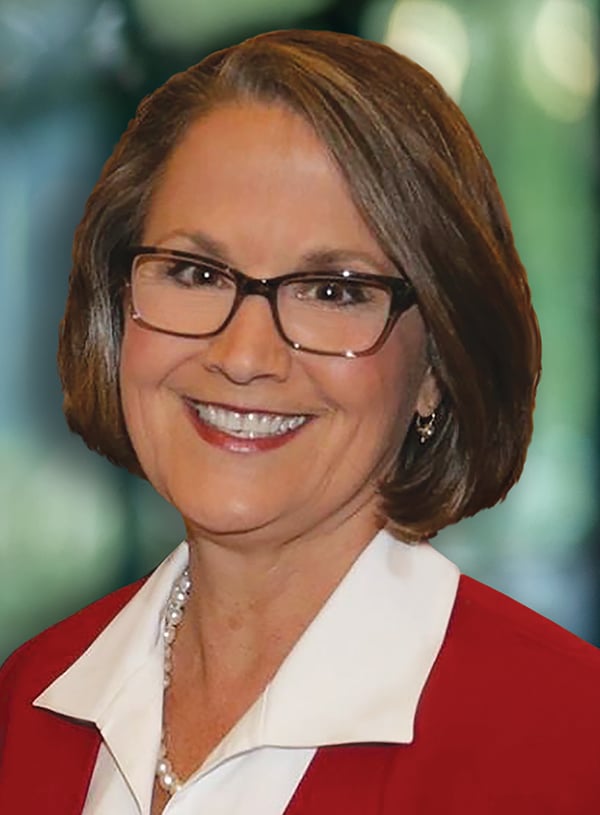
Thanks for the perspectives. My wife and I have had similar discussions – without a doubt, constitutional changes need to be carefully considered.
My understanding of the Yes/No question (though it is not clear) is that a YES allows for a voucher program to be developed and a NO keeps us from having one in the state. So nothing will happen immediately and presumably we will get to vote on that program.
I appreciate Judy’s perspective and exploration of this and I’m a bit torn on this issue.
I see struggling families who sacrifice a ton for their children’s education. I also see struggling schools where children are stuck b/c their families can’t afford private education.
For clarification:
YES vote gives vouchers or funding where the parents get to decide.
NO vote keeps tax dollars in the hands of the existing public schools.
Correct?
Mr. Ruehl,
Thank you for your additions to this question before us. Your clarifications are specific where the wording of the issue on the ballot is very broad. The how and what of the issue is missing as it should be in a constitutional change. And that constitutional change is my first concern. Ralph Waldo Emerson encouraged us, “Be an opener of doors.” My caution still is what might be behind that door. We cannot assume any aspect of your clarifications, just give the General Assembly the permission with the words “may provide.” Once again, I find myself still considering that yes/no. Judy Harris
An interesting perspective on government funding of private schools. It may seem to be a great idea, but at what cost? I wonder what programs the government would mandate for private schools to adhere to? Could it be removing the 19 commandments? Maybe implementing alternative lifestyle programs for children? I am not convinced that government funding of private schools is a good thing.
With the current state of public education, I think every family should be afforded the opportunity to seek out private education or magnet schools.
If government can foot the bills for all these illeagles that are getting our taxes and free education then they coul allow funding for private schools for citizens.
Judy, I can see what a struggle this issue must be for you, as well as families who want a good education for their children. There are many good government schools, I’m sure, but when we hear the statistics of how children are not measuring up to standards– Third graders not able to read, for example. Also, the amount of money spent per student in government schools generally seems to be above what private schools spent with better academic results. With that in mind, I see why parents sacrifice to make private school education possible for their children.
I believe the federal government needs to get out of the education business and allow the states to manage it. Perhaps, then education vouchers, without strings attached, would work. May Kentucky voters make the right decision about this difficult issue.
Yes is im for funding private schools, and no is against?????. Please make this clearer for us old people.
A YES vote FOR public funding, a NO vote opposes public funding
Remember state funding for private schools can mean funding for Muslim, Hindu, atheist, and communist run schools. Since it uses taxpayer funds, it has to remain unbiased.